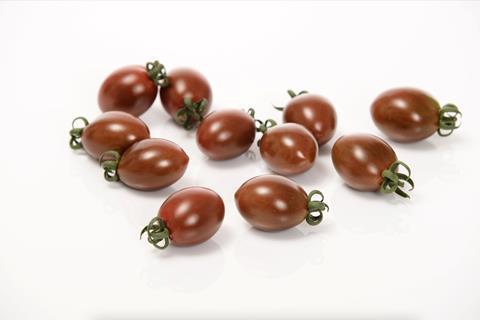Four varieties play a ”crucial role” in grower programmes to help mitigate the significant challenges ToBRFV presents
Sakata Seed has said its phytopathologists have confirmed intermediate resistance to ToBRFV in four varieties of the specialties segment: Chocostar F1, Lemonstar F1, Royalstar F1 and Luciestar F1.

According to the group, these varieties play a crucial role in growers’ programmes to help mitigate the challenges ToBRFV presents.
“We have dedicated teams that specialise in research and development, consistently delivering enhanced advancements and innovative solutions to benefit both growers and consumers,” said Stéphane Bucamp, EMEA tomato product manager.
“Sakata’s global network of scientists, pathologists, and research teams collaboratively combat the threat of ToBRFV. Significant progress has been made in identifying resistance genes and levels, offering growers diverse options”.
Ian Blokpoel, tomato breeding group leader at Sakata Seed, highlighted the importance of factors such as segment, production technique, growing practices and market demands when evaluating the various resistance levels of ToBRFV available today.
As growers adhered to the standard practice of testing new products in their specific conditions, the confirmation of overall performance and profitability became paramount, he noted.
“Throughout the trialing process of ToBRFV-resistant products, an emerging observation is that several varieties exhibiting higher resistance levels to ToBRFV also entail notable trade-offs, including diminished marketable yield, quality, and adaptability,” he said.
“With regard to the criteria of the International Seed Federation, which provides the vegetable industry with definitions of terms describing the reaction of plants to pests, we consider that most claims of resistance to the ToBRFV virus are defined as intermediate resistance,” noted Jorge Aguilar, head of the EMEA’s tomato crop group.






No comments yet